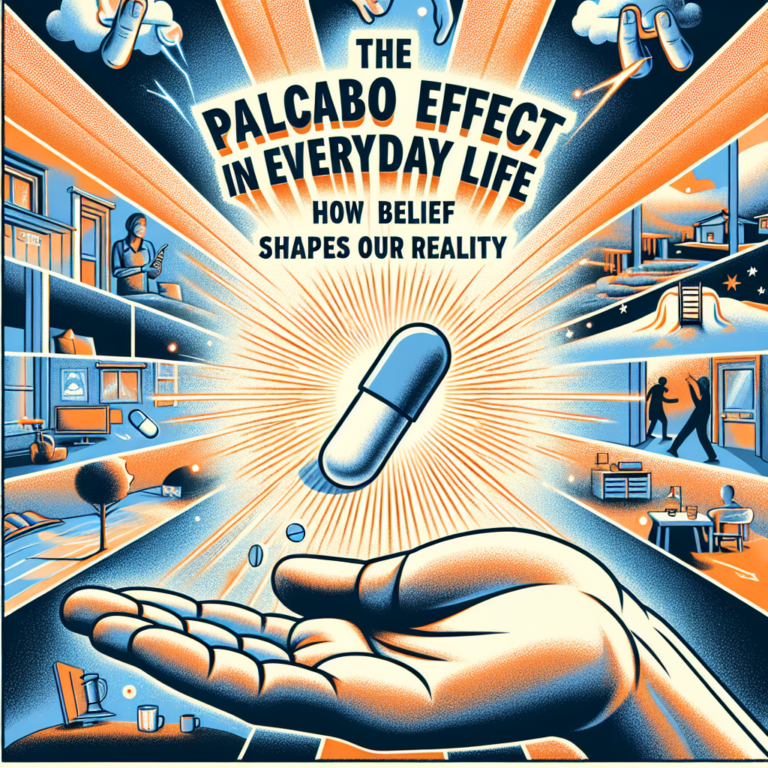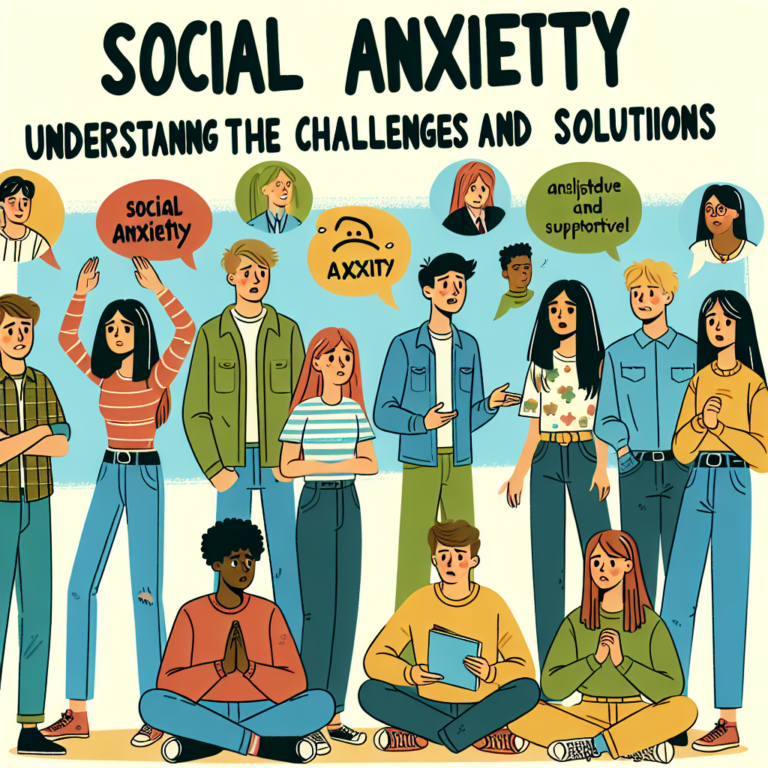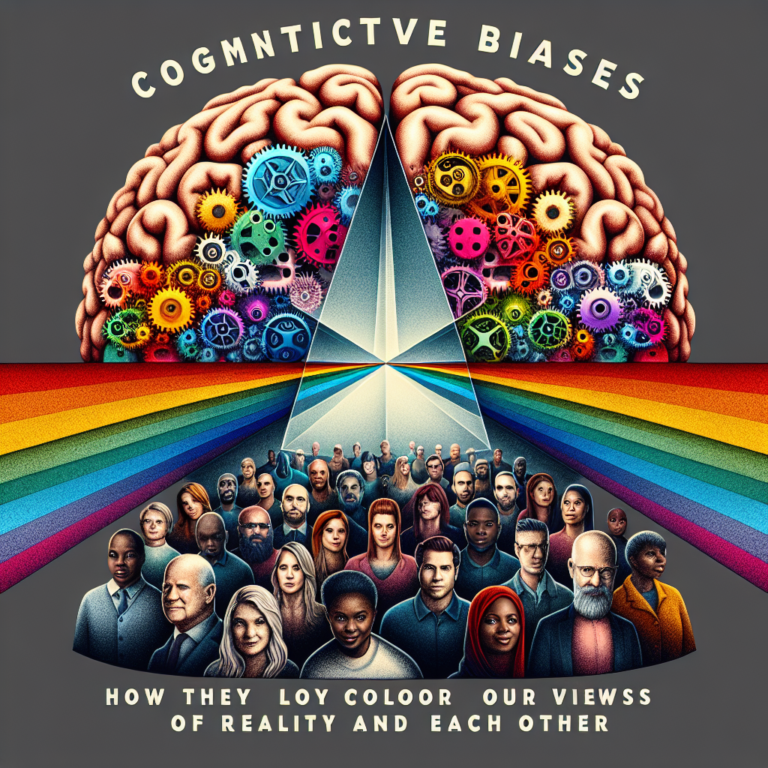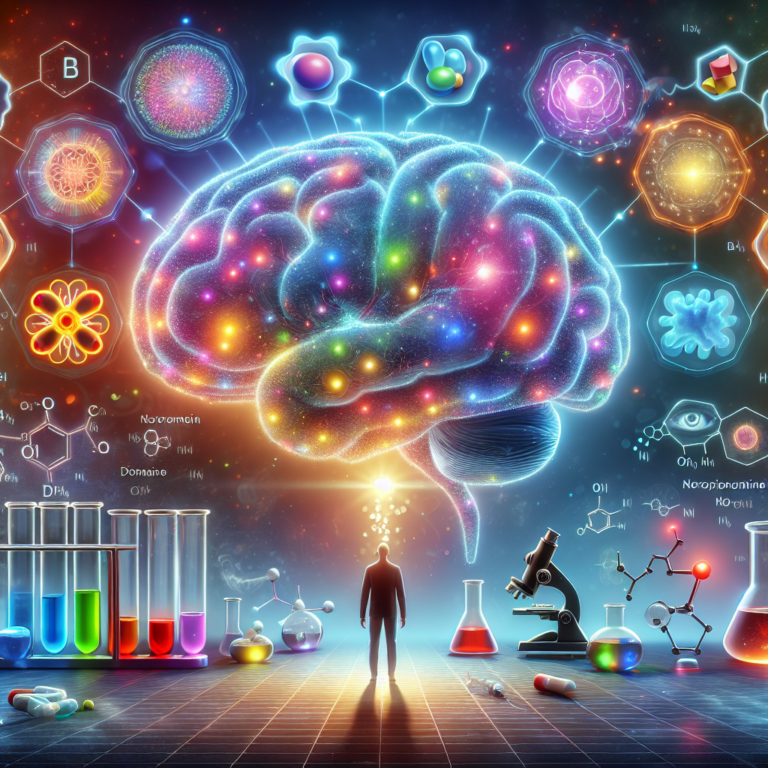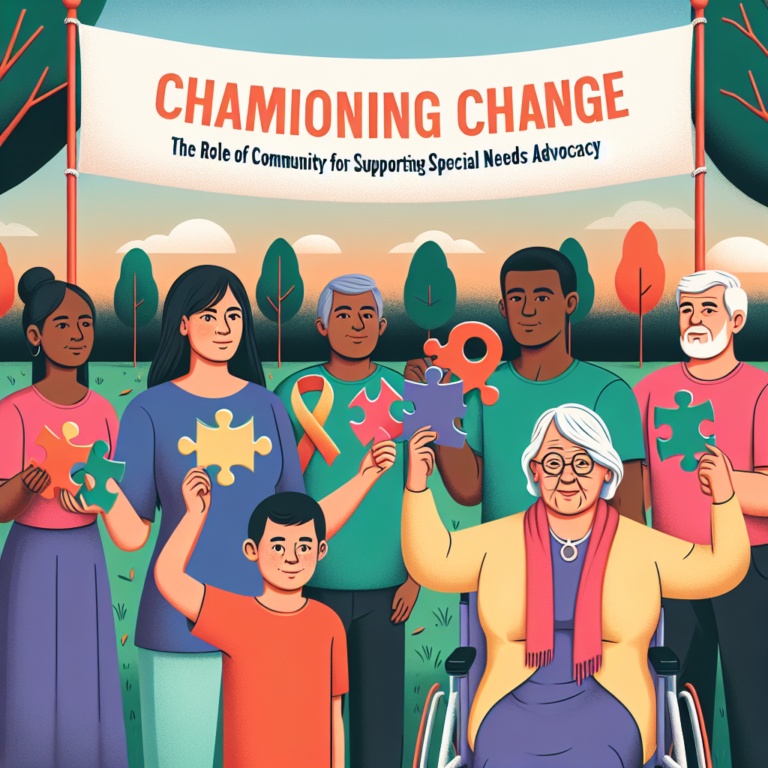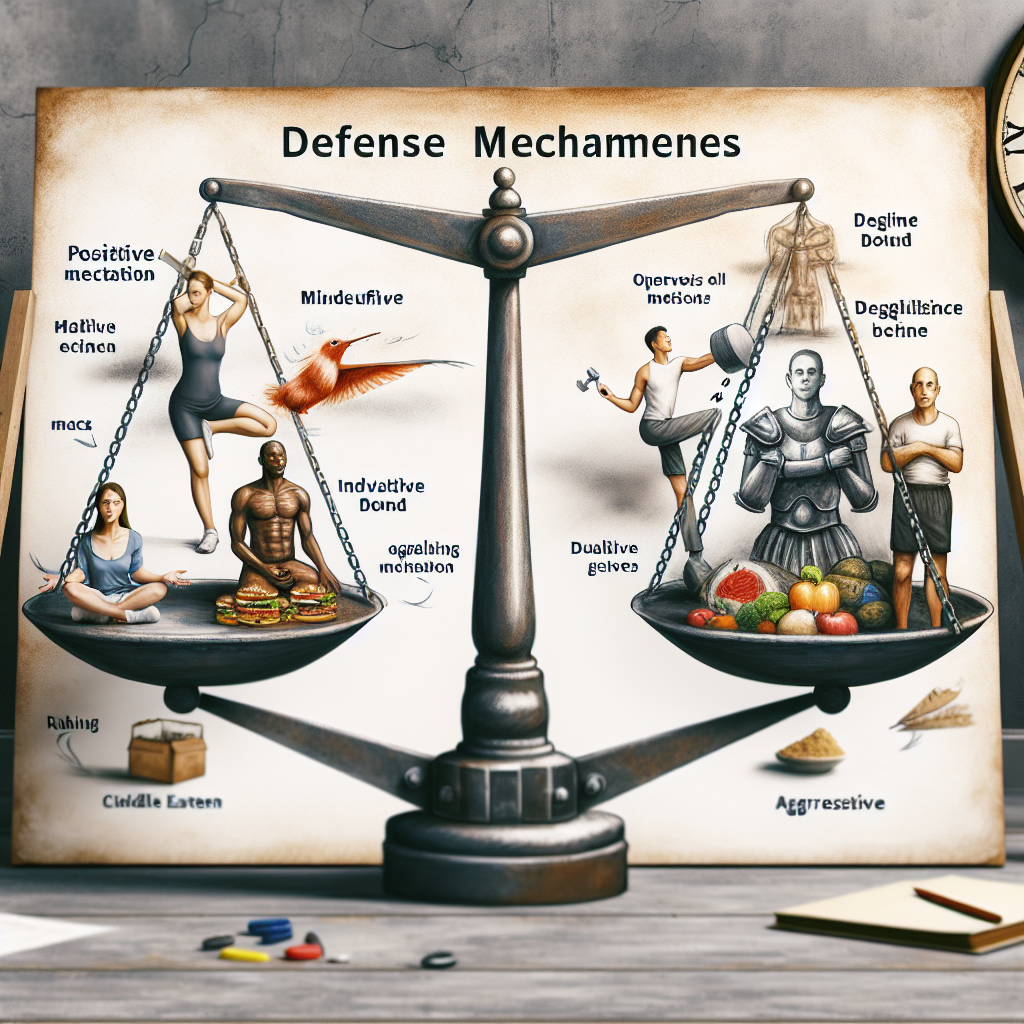
Introduction
In the whirlwind of modern life, stress is a common companion. From daily pressures to unexpected life events, navigating emotions can feel like walking a tightrope. In moments of overwhelming anxiety or emotional turmoil, many people turn to coping strategies—psychological tools designed to help manage difficult feelings. Among these strategies are defense mechanisms, often employed subconsciously to protect us from unpleasant emotions. However, understanding the distinction between when they assist and when they hinder our emotional wellbeing is crucial. In this article, we will delve into Coping Strategies: When Defense Mechanisms Help and When They Hurt, exploring real-world cases and practical insights.
Understanding Defense Mechanisms
What Are Defense Mechanisms?
Defense mechanisms are unconscious psychological strategies used to cope with reality and protect self-esteem. Sigmund Freud first introduced these concepts, and they serve as a way of dealing with anxiety, allowing individuals to navigate challenging situations with less emotional turmoil.
Common Defense Mechanisms
- Denial: Refusing to accept reality or facts.
- Repression: Blocking painful thoughts from consciousness.
- Projection: Attributing one’s own unacceptable feelings or thoughts to others.
- Rationalization: Creating logical excuses for illogical behavior.
- Displacement: Redirecting emotions to a safer outlet.
The Dual Nature of Defense Mechanisms
While defense mechanisms can offer temporary relief, they possess a dual nature. They can help shield individuals from immediate emotional distress, but over-reliance can lead to unhealthy behaviors and avoidance. This brings us to our central theme: Coping Strategies: When Defense Mechanisms Help and When They Hurt.
When Defense Mechanisms Help
Short-Term Relief
In situations where immediate emotional pain is too overwhelming—like dealing with sudden loss—defense mechanisms can provide short-term relief. For instance, denial might help a grieving person revisit daily life without immediately confronting their loss. This doesn’t mean denial is ideal, but it can offer a buffer against the initial shock.
Case Study: Sarah’s Loss
Sarah lost her mother unexpectedly. For weeks, she struggled to cope and used denial as her primary defense mechanism. It wasn’t until her friends encouraged her to attend a support group that she started facing her grief healthily. In Sarah’s case, denial helped her avoid pain initially, paving the way to healing when she was ready to confront her feelings.
Analysis: Sarah’s story illustrates the transient utility of denial as a defense mechanism. While it helped her cope with overwhelming emotions initially, it was her eventual engagement with her grief that promoted true healing.
Facilitating Adaptation
Defense mechanisms can allow individuals to adapt to new realities. For example, rationalization may help someone accept a job loss, viewing it as an opportunity for growth rather than failure.
Case Study: Tom’s Job Transition
Tom lost his job in a corporate downsizing. Instead of succumbing to despair, he rationalized the situation by thinking, "This is a chance to explore my passion for art." This perspective helped him pivot to a freelancing career, eventually leading to greater personal satisfaction.
Analysis: In Tom’s case, rationalization served as a beneficial coping strategy, enabling him to focus on the positive potential rather than dwelling on loss.
Building Resilience
Some defense mechanisms can foster resilience by helping individuals manage stressors in a constructive way. For instance, humor can serve as a healthy defense mechanism to alleviate stress.
Case Study: Lisa and Humor
Lisa, overwhelmed by her hectic job and family responsibilities, often found herself able to cope through laughter. She would joke about her chaotic schedule, which not only lightened her mood but also made her colleagues and family feel at ease.
Analysis: Lisa’s use of humor exemplifies a defense mechanism that promotes bonding and emotional health, enhancing her resilience amid stress.
When Defense Mechanisms Hurt
Avoidance of Reality
While defense mechanisms can provide temporary relief, they can also lead to long-term issues by fostering avoidance of reality. Constant denial or repression often results in unresolved psychological stress.
Case Study: John’s Emotions
John, who faced significant anxiety, often repressed his feelings regarding a difficult relationship. This avoidance caused a buildup of unresolved emotions, leading to explosive reactions at the smallest triggers.
Analysis: John’s situation underscores the harmful impact of repression. It serves as a reminder that while avoidance might alleviate immediate discomfort, it ultimately leads to greater distress.
Impaired Relationships
Defense mechanisms like projection can severely impact relationships. Misplacing one’s feelings onto others can create misunderstandings and conflict.
Case Study: Emily and Projection
Emily frequently felt inadequate about her work performance. To cope, she projected these feelings onto her coworkers, assuming they judged her harshly as well. This resulted in tension and resentment, ultimately isolating her from her team.
Analysis: Emily’s case highlights how projection can disrupt interpersonal dynamics, revealing the potential pitfalls of this defense mechanism on relational health.
Stagnation and Dependency
Over-reliance on certain defense mechanisms can lead to emotional stagnation, preventing individuals from addressing underlying issues. For example, using displacement often means redirecting feelings instead of confronting them.
Case Study: Mark’s Anger
Mark consistently displaced his anger from work onto his family, often lashing out at home. His family life deteriorated as he chose to engage in this unhealthy coping strategy rather than addressing workplace frustrations.
Analysis: Mark’s scenario illustrates how displacement, while perhaps providing temporary relief, ultimately harms his relationships and prevents personal growth.
Coping Strategies for Healthy Emotional Management
Recognizing Defense Mechanisms
The first step towards healthy coping is recognizing which defense mechanisms you frequently employ. Reflection can unveil these patterns, helping you to identify when they serve you and when they detract from your emotional health.
Practicing Mindfulness
Mindfulness can provide a counterbalance to unconscious defense mechanisms. By fostering present-moment awareness, it becomes easier to face emotions head-on rather than deflecting them through avoidance strategies.
Building a Support Network
Surrounding yourself with supportive individuals encourages healthy expression of emotions. Constructive feedback from friends or therapists can illuminate the repercussions of harmful defense mechanisms and foster a healthier emotional landscape.
Seeking Professional Help
For persistent issues with coping, professional guidance can offer tailored strategies. Therapists often provide tools to understand and possibly transform maladaptive coping mechanisms into healthier alternatives.
Conclusion
The journey of navigating emotional challenges is both complex and personal. Understanding Coping Strategies: When Defense Mechanisms Help and When They Hurt is essential for emotional growth and resilience. While defense mechanisms can serve as protective buffers in times of need, it is crucial to recognize when they might obstruct genuine healing and progress. By enhancing emotional insight and seeking positive coping strategies, we can move towards healthier emotional wellbeing.
FAQs
1. What are common defense mechanisms?
Common defense mechanisms include denial, repression, projection, rationalization, and displacement. They serve to shield us from emotional distress but can have both positive and negative effects.
2. How do I know if I’m relying too much on defense mechanisms?
If you notice a pattern of avoiding emotions, projecting feelings onto others, or experiencing strained relationships, you may be over-relying on defense mechanisms. Self-reflection or feedback from trusted sources can help.
3. Can defense mechanisms ever be beneficial?
Yes, in the short term, they can provide emotional relief and a buffer against immediate stress. However, long-term reliance can lead to unresolved issues and emotional stagnation.
4. What coping strategies can I try instead of defense mechanisms?
Consider practicing mindfulness, seeking social support, journaling your feelings, or engaging in physical activities to express emotions constructively.
5. When should I seek professional help regarding my coping strategies?
If emotional challenges persist or worsen, if you feel overwhelmed by anxiety or depression, or if your interpersonal relationships are significantly impaired, it may be time to seek the guidance of a mental health professional.
In the quest for emotional resilience, understanding Coping Strategies: When Defense Mechanisms Help and When They Hurt will empower you to navigate life’s complexities with greater awareness and compassion towards yourself and others. Embrace this journey of self-discovery and growth, ensuring that your coping strategies serve you well in the long run.






